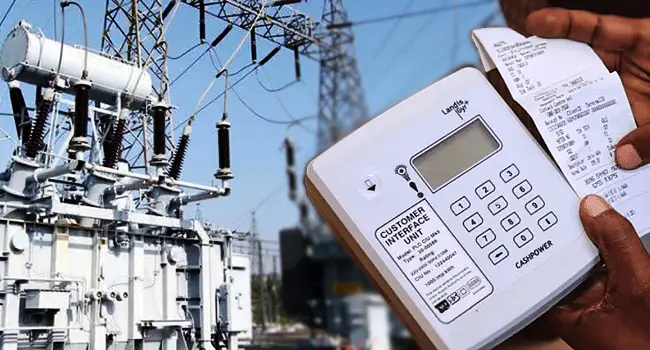News
Electricity Tariff Hike: 65% Of Businesses May Shut Down —OPS

The Organised Private Sector in Nigeria, OPSN, yesterday warned that the recent hike in electricity tariff may force over 65 per cent of businesses in the country to shut down, and thus called on the federal government to reverse the increase.
This was revealed in a statement addressed to President Bola Tinubu yesterday, sighted by Vanguard, by OPSN which comprises the Manufacturers Association of Nigeria, MAN, Nigerian Association of Chambers of Commerce, Industry, Mines and Agriculture, NACCIMA, National Employers Consultative Association, NECA, Nigerian Association of Small Scale Industrialists, NASSI, and National Association of Small and Medium Enterprises, NASME, entitled, “Preliminary Position of OPSN on the over 200 Percent Masked Increase in Electricity Tariff”.

The statement said: “OPSN has received numerous complaints from its member companies on the implications of the recent astronomical increase in electricity tariff by the Nigerian Electricity Regulatory Commission, NERC, for Band A customers without the required and proper consultations with the private sector.”
“This sudden exponential increase in the face of inadequate electricity supply is inimical to the competitiveness of Nigerian products and businesses and will exacerbate the impact of the high cost of production.”
Recommended News:
- Nigerian Govt Kicks As Nnamdi Kanu Lists Conditions For Resumption Of Trial
- EFCC Operatives Storm Yahaya Bello’s Abuja Home Over Alleged N84bn Fraud
- 2024 UTME: What Students Need To Do Before, During And After JAMB Exam — Final Solution Educational Consult
“Meanwhile, the astronomical increase is against the MYTO Order referenced NERC/2023/05, which valued the cost-reflective tariff at N114.8/Kwh (determined using an exchange rate of N919.39/$1). It also does not reflect the current exchange rate reality that has seen the Naira appreciate by 62.95 per cent over the dollar in the last month.”
The group further stated: “Clearly, with the new tariff of N225/kwh, Nigeria now ranks third after Germany and the United Kingdom on the list of countries with high electricity costs. What is most worrisome with the Nigerian case is the fact that the electricity to be supplied is not adequate.”

“Also, the increase is coming on the heels of macroeconomic instability, infrastructure deficits, as well as other supply-side constraints limiting the performance of the productive sector.”
“Truth be told, over 65 percent of private businesses, especially manufacturing concerns and SMIs, may be forced to close down due to the high electricity tariff.”










